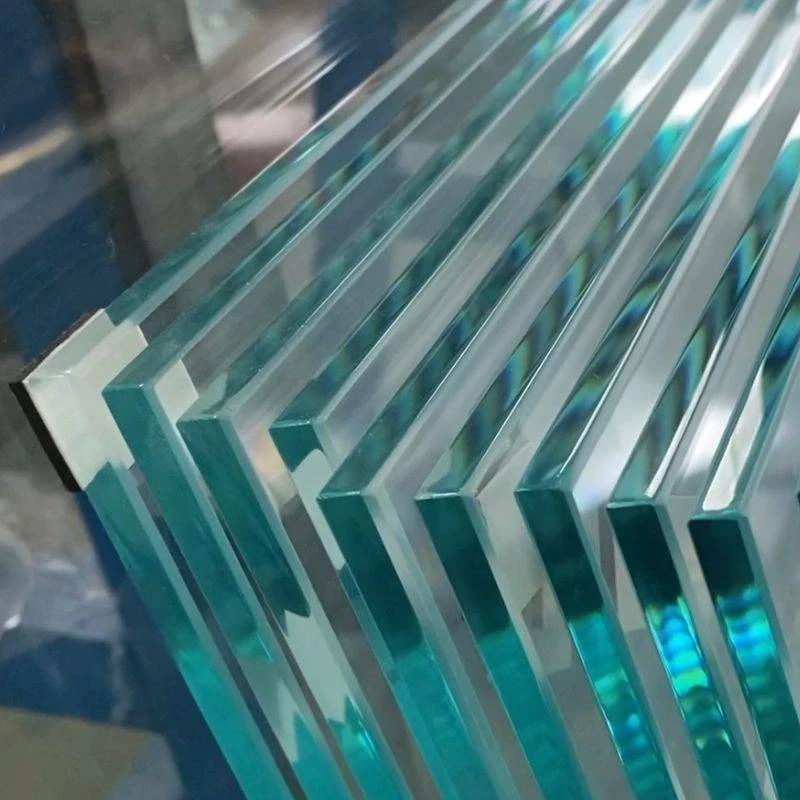

Understanding Mirror Glass Prices What Influences the Cost?
When it comes to home decor, mirror glass is a timeless element that enhances aesthetics and creates the illusion of space. Whether it’s for a decorative focal point in a living room, a practical addition in a bathroom, or a stylish feature in a hallway, the price of mirror glass can vary significantly based on a multitude of factors. Understanding these factors is essential for consumers looking to make informed purchasing decisions.
Types of Mirror Glass
First and foremost, the type of mirror glass significantly influences the price. There are several types available in the market
1. Flat Mirrors These are the most common types used for walls and furniture. They tend to be the least expensive because they are relatively easy to manufacture.
2. Frosted Mirrors These mirrors have a texture or pattern applied to them, which can increase the price due to the additional processing required.
4. Smart Mirrors These modern mirrors include technology such as LED displays and touch functionality. Their advanced features drive their prices higher.
5. Framed vs. Frameless Mirrors with decorative frames add character but can also be more expensive than frameless models. The material and design of the frame contribute significantly to the total cost.
Quality and Thickness
The quality of the glass itself is another key factor. Higher-quality mirror glass is often clearer and has fewer distortions. It is also less prone to corrosion and damage over time. The thickness of the glass can affect durability as well. Standard mirror glass is usually about 1/4 inch thick. Thicker glass offers better durability but is more expensive.

Size Considerations
Size is undeniably a crucial factor in determining mirror glass prices. Larger mirrors require more materials and manufacturing resources, driving up costs. For instance, a small, decorative wall mirror may cost less than $50, while a large, full-length mirror could range from $150 to over $1,000, depending on its features and design.
Customization and Decorative Elements
Another aspect that can influence price is customization. Consumers who desire a mirror tailored to their specific dimensions or a particular style (e.g., a unique frame or etched designs) can expect to pay a premium for these bespoke options. Decorative elements, such as lighting integrated with the mirror, further increase the price point due to the additional materials and technology involved.
Market Trends and Economic Factors
Market trends, supply chain issues, and economic factors also play a significant role in mirror glass pricing. The construction industry, which heavily influences the mirror market, can experience fluctuations in demand based on trends in home renovation and real estate. Economic downturns or surges can lead to variations in pricing as manufacturers adjust to supply and demand dynamics.
Where to Buy
Purchasing mirror glass involves navigating various retail options. Home improvement stores often provide a selection of mirror glass types at competitive prices. Online retailers can offer extensive choices, sometimes at lower costs, but it is crucial to factor in shipping costs and return policies. Specialty stores will likely have higher-end or custom options but may come with higher price tags.
Conclusion
Ultimately, the price of mirror glass reflects a combination of factors, including type, quality, size, and design. By understanding these variables, consumers can make educated choices that align with both their budget and aesthetic goals. Whether seeking a simple wall mirror or a sophisticated smart mirror, being informed about the influences on price can lead to a more satisfying purchase experience.